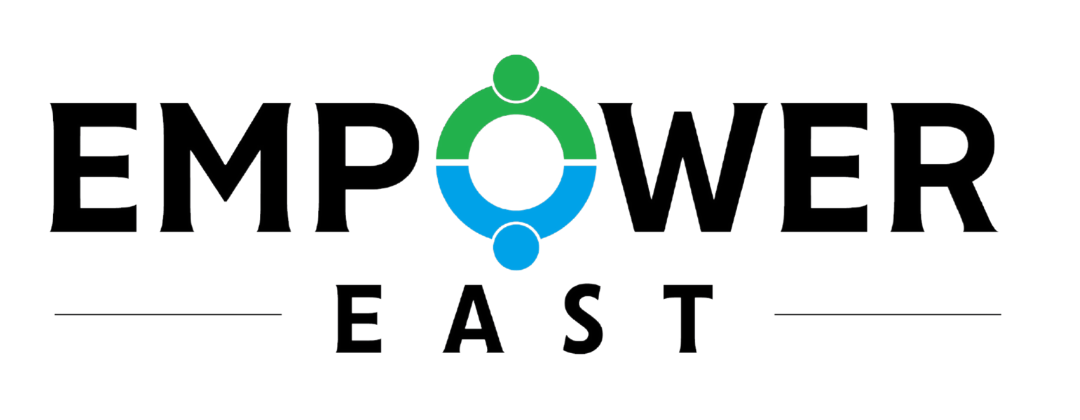Listening and Learning
Testimonials of experiences to grow empathy
Kevon
JUNETEENTH marks a day in 1865, June nineteenth, when troops ensured that all enslaved people were free which was two and a half years following the signing of the emancipation proclamation. Juneteenth became a federal holiday on June 17, 2021.
-31% of U.S. adults report at least 1 major discriminatory occurrence in their lifetime
-63% report experiencing discrimination every day.
-Racism has been linked to unequal health outcomes in minorities. Racism has been linked to low birth weight, high blood pressure, and poor health status.
-34% of Americans say they have taken part in a group that shares an activist interest in a cause.
-Social media activism has increased dramatically in the last 3 years. Hispanic (46%) and Black (45%) social media users are more likely than white (29%) users to say they have looked up information on protests and rallies in their area in the past month.
Racial Equity Support Line: 503-757-3764
If you or a loved one is a victim of racism, resources are available: https://www.onlinemswprograms.com/resources/social-issues/mental-health-resources-racial-ethnic-groups/
If you would like to be an activist in your community, ways to start can be found here: https://www.humanrightscareers.com/magazine/how-to-become-a-human-rights-activist/
Here are 15 ways to encourage a change in your community: https://educationonline.ku.edu/community/15-ways-to-advance-social-justice
Joey
LGBTQ+ comprises over 10,000 adults according to a recent gallup poll conducted in February of 2022.
-39% of the LGBTQ+ population reported having a mental illness in the past year, that is nearly 5.8 million people.
-42% of LGBTQ adults identify as people of color.
-For many LGBTQ+ people, socioeconomic and cultural conditions negatively impact mental health conditions.
*Stats from https://williamsinstitute.law.ucla.edu/visualization/lgbt-stats/?topic=LGBT#demographic
https://www.nami.org/Your-Journey/Identity-and-Cultural-Dimensions/LGBTQI
https://www.hrc.org/resources/mental-health-resources-in-the-lgbtq-community
https://www.familiesfirstindiana.org/ways-to-enhance-your-allyship-for-the-lgbt-community?locale=en
Many resources are available to support the mental health of the LGBTQ+ community. Some resources include text or call hotlines, informative websites, therapy, and support groups.
Trans Lifeline: 877-565-8860
Trevor Lifeline (LGBTQ+ Youth): 1-866-488-7386
Crisis Text Line: text HOME to 741741
Safe, online support groups can be found here: https://queerdoc.com/resources/virtual-support-groups/
As an LGBTQ+ ally, you can show support through listening and learning. Try to educate yourself on the language and struggles of the LGBTQ+ community, confront homophobia, and lift the voices of LGBTQ+ people of color.
Here are 7 ways you can be a better LGBTQ+ ally: https://www.ucl.ac.uk/students/news/2020/dec/7-ways-you-can-be-better-lgbtq-ally





